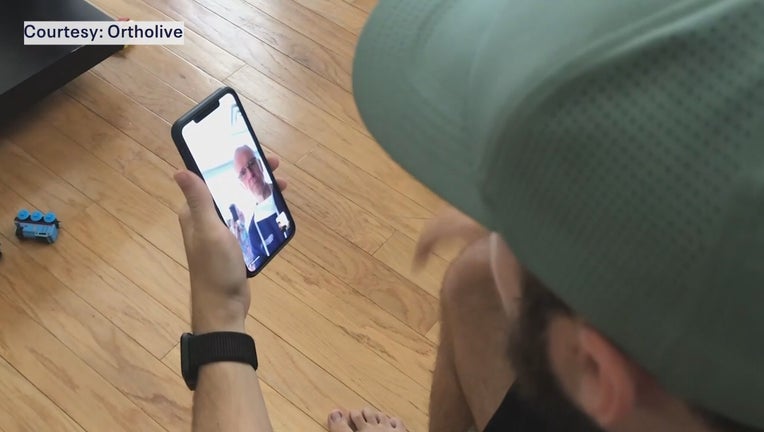COVID-19 could further change how our health care system works

(FOX 9)
(FOX 9) - In the few months since the pandemic began, virtual doctor's visits have become a necessity as we try to slow the spread of COVID-19.
The virus has changed so much that a vice president at Allina says they believe COVID-19 accelerated advancements in the way they deliver healthcare by two to five years.
"Six months ago, if you would have said, we were doing 5,000 virtual visits a day, I would have laughed and said, ‘What planet are you from?’” said Dr. Dave Ingham with Allina Health.
Before the COVID-19 pandemic hit Minnesota, Allina Health was only doing 50 to 60 telehealth visits a week. Today, it’s a huge part of the way they deliver healthcare.
"At first, it was solely focused on how are we going to prevent PPE from being used," he said. "How are we going to prevent our nurses and doctors from being exposed to COVID patients. But it's really morphed and we’ve extended it from there.”
Dr. Ingham, the hospital’s chief health information officer, says they envision a day where doctors can do rounds virtually, something they’ve been doing with COVID patients and something they think could benefit rural clinics.
"In the blink of an eye, we’re now able to deliver that expertise any time of day almost any place within our health system," said Ingham.
Ingham, who says the pandemic greatly accelerated their telemedicine program, believes that if this shift continues post-COVID it could even result in less physical buildings.
"You can imagine, if virtual care is really here to stay and we’re delivering say, a third of our care -- do we need all that brick and mortar and all those physical spaces?" he explained.
As hospitals change the way they deliver care, the unanswered question is what will happen to all the frontline workers who now fill those buildings.
As for reimbursement from health insurance companies, the emergency measures that went into place with COVID resulted in what the health systems saw as fair reimbursement for virtual doctor’s visits. They are pushing hard to continue those reimbursement levels post-COVID.

